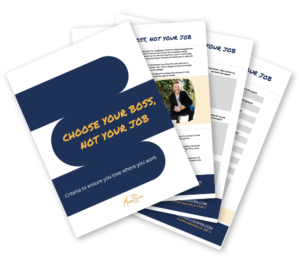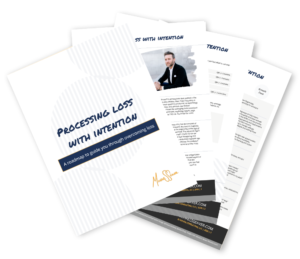For decades, professionals worked long hours and put in the extra effort required to climb the career ladder. They searched for the next project, relationship or strong performance appraisal that would allow them to be considered for a promotion. The world, and the career growth process, was relatively structured and predictable.
Not anymore.
Incredible amounts of information can be found online completely free of charge. Change is becoming more volatile as technology improves and more people compete for fewer resources. People, from 300+ nations worldwide, are increasingly more mobile and able to work outside their native states.
Does the career ladder still exist? For some, yes. For most, no.
What has replaced it? The jungle gym (thank you Sheryl Sandberg).
In the new normal, driven professionals must be able to do the following;
- Learn, unlearn and relearn new concepts, practices and soft skills at a rapid pace,
- Make tough decisions that support the ethos of the triple bottom line (people, planet and profit), and
- Find meaningful work that allows them to have autonomy in tasks, the ability to master a chosen profession or hobby and find purpose in all they engage in.
With a new, more disruptive, normal taking hold of our society, you are left with little choice but to follow an unconventional career path. Organizations are shrinking to be more competitive. Unemployed persons are becoming entrepreneurs and challenging the status quo. Young professionals aren’t just looking for a promotion; they’re looking for lateral moves that will help them develop complementary skills previously not acquired. In fact, some are even taking steps backward to find more meaning in their non-professional endeavors.
Regardless of the industry, when I interview individuals, I look for two things – previous success and future significance. By previous success I mean, diverse background, history of goal achievement, meaningful progression from college to now and insightful recommendations from colleagues. Is the person competent and might they be a fit culturally? And, by future significance I mean the ability to be empathetic, awareness of what is occurring in the organization, the ability to build and manage relationships and an awareness of self. Does the person have high levels of emotional competence?
Simply put, someone who continues down the same path may be less appealing than the person with a diverse background and skill set.
Because the career ladder is part of our history, fearing mediocrity requires you to:
- Be disruptive through taking calculated risks that will grow your portfolio of skills,
- Provide thick value (i.e. volunteer, serve on boards, accomplish BIG goals, focus on the triple bottom line), and
- Be willing to develop yourself from the inside out by focusing on the development of your character and not the development of the public’s perception of you.
Decades from now, our society will look back at the 19th and 20th centuries as a prosperous time where nation-states and extractive institutions developed products and services. It is my guess that those same people will look back at the early 21st century as a time when our society decided to develop our most important asset, human capital.






Connect with me